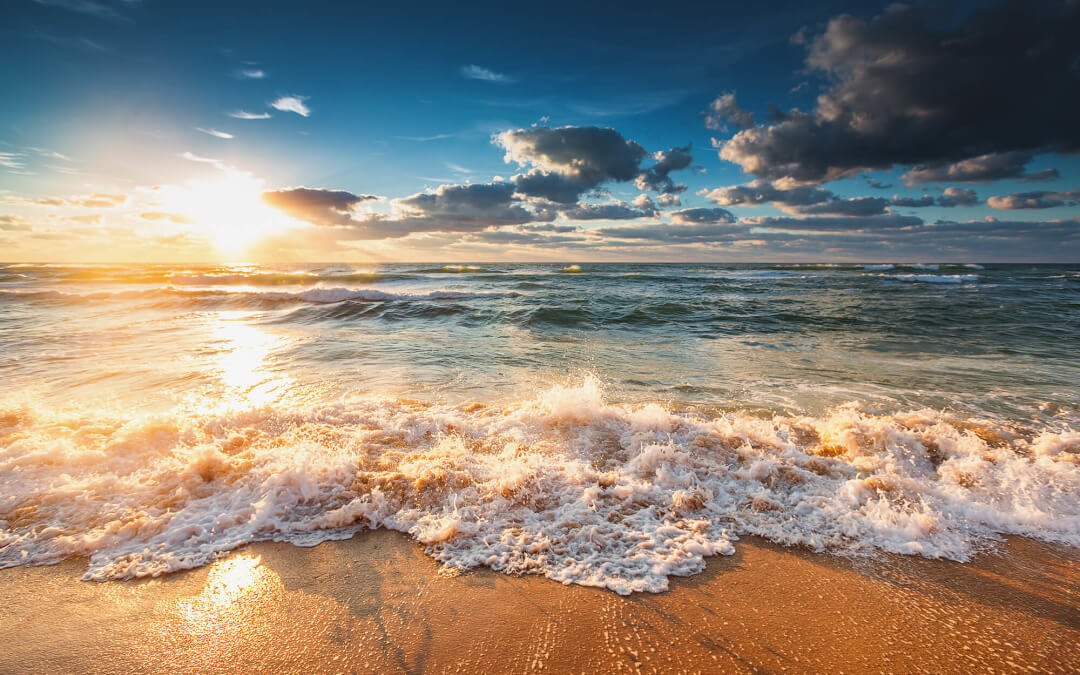If a farmer is struggling to make a living from farming alone, she is vulnerable. But if she uses her farm as part of a local tourism service she has more ‘insurance’ and so is more resilient.
In Africa, for example, many communities who traditionally relied on fishing to make a living are diversifying. A household that specialises in one area only like fishing or farming will maximise their income but they are more vulnerable and less resilient to disturbance and change. While a household that creates a portfolio of options will tend to be more resilient.
Fishermen who get involved in tourism activities will not suffer as much if there is a downturn in tourism due, for example, to a pandemic. In countries like Kenya and Madagascar it has been shown that those working in fishing are more likely to leave fisheries if there is a decline in their catches, if they have other sources of livelihood. Often what happens is that as fishing increases the number of fish goes down, leading to smaller catches. This leads to less income driving those who depend on fishing to work harder for larger catches leading to a further decrease in the number of fish in the ocean.
But when households have other sources of income which they can turn to, it eases the pressure on the part of the ecosystem that produces fish. This ecosystem service can then begin to regenerate and grow again.

